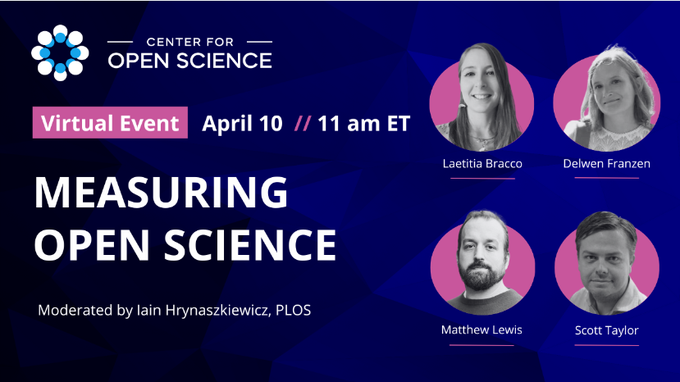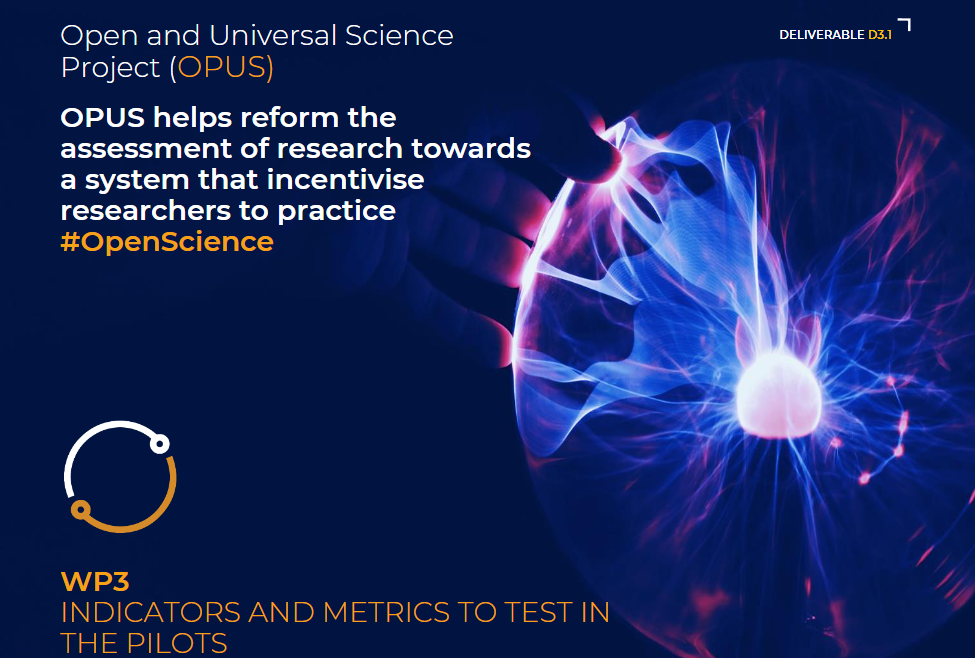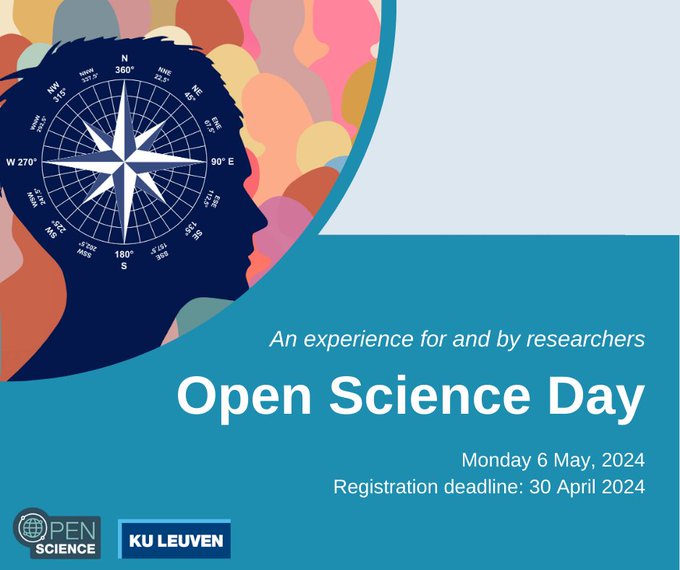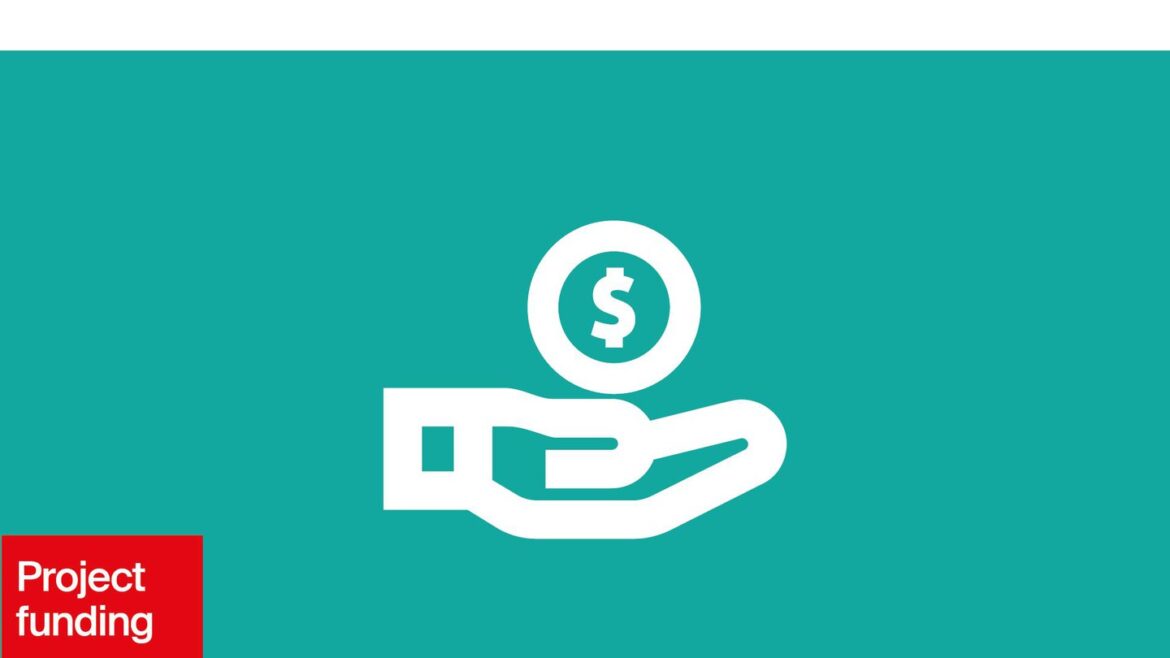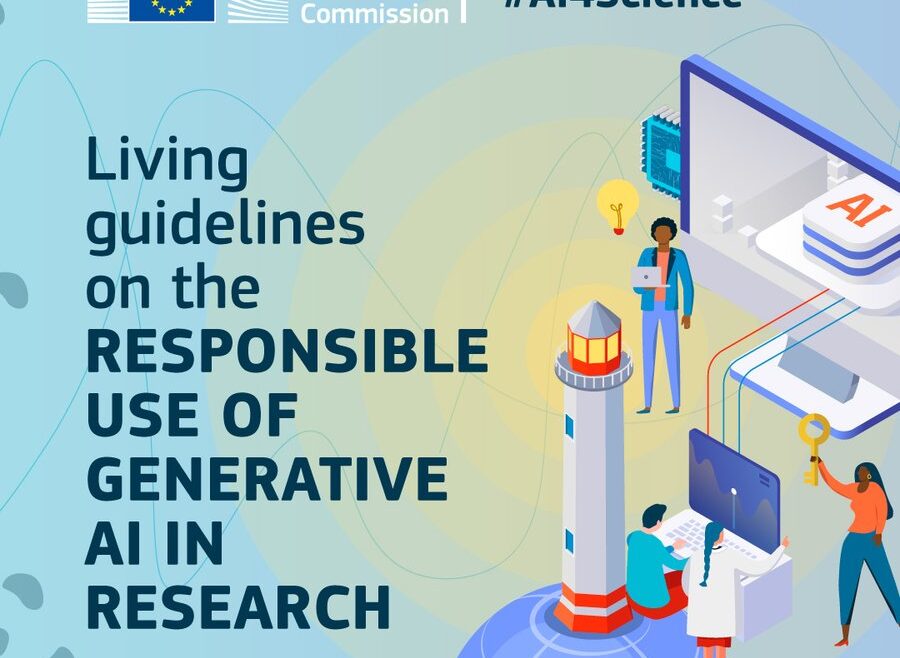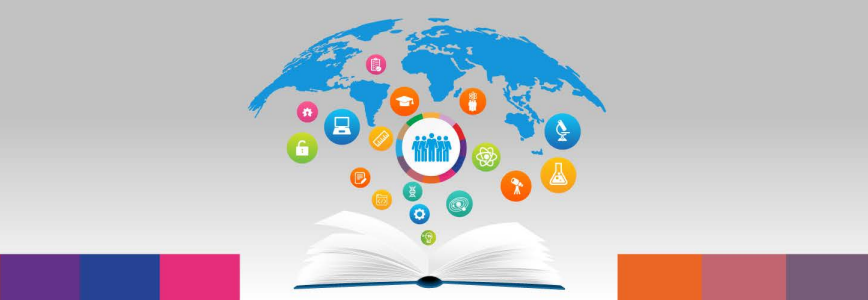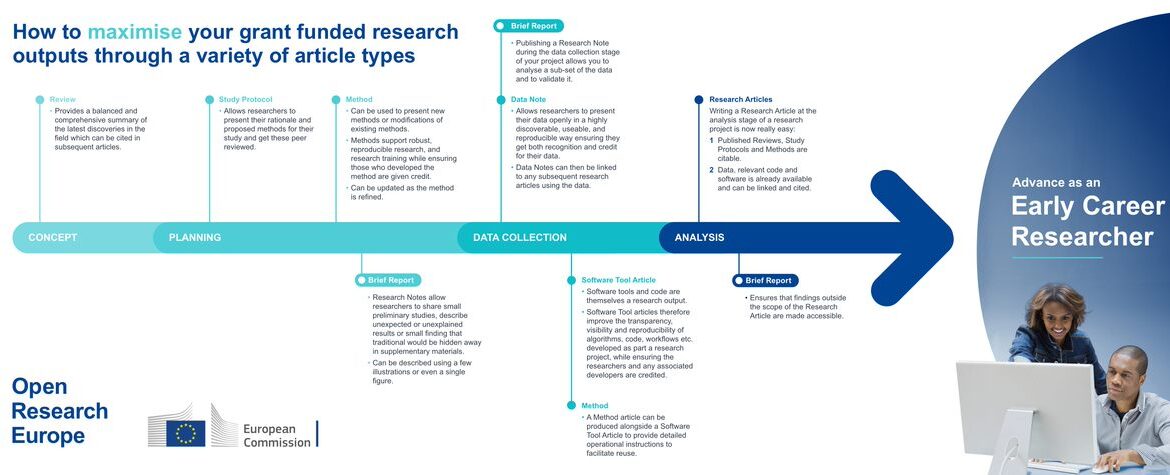Institutional Diamond Open Access Publishing
Institutional Diamond Open Access Publishing https://opusproject.eu/wp-content/uploads/2024/04/GKKnBqYWAAAr6VE.jpg 679 453 Open and Universal Science (OPUS) Project https://opusproject.eu/wp-content/uploads/2024/04/GKKnBqYWAAAr6VE.jpgIn the expansive ecosystem of academic publishing, Institutional Publishers and Service Providers (IPSPs) form a critical cornerstone, facilitating the dissemination of scholarly works through Diamond Open Access (OA) models. However, a comprehensive investigation reveals that there is no one-size-fits-all approach to the tasks undertaken by these institutions. Rather, the landscape is characterized by a diverse array of options and services distributed among the IPSPs, their parent organizations, service providers, and academic personnel.
The sustainability of IPSPs is influenced by various factors, including their missions, size, and service provision capabilities. While some institutions may strive to upscale, others prioritize maintaining their current stature. The funding models utilized by IPSPs vary significantly, with some relying on a mix of subscription fees or Article Processing Charges (APCs) alongside Diamond funding streams. Notably, the role of the parent organization is paramount for providing basic support, often in the form of in-kind assistance such as personnel and services.
Budget management emerges as a secondary concern for IPSPs compared to commercial publishers, though the majority track their expenses and revenues diligently to meet the expectations of funders, sponsors, and donors. However, the reliance on grants can burden IPSPs with administrative tasks and reporting requirements, impacting their operational efficiency.
The workforce within and outside IPSPs plays a pivotal role in their sustainability, yet the organizational structure and contribution of this workforce are often ambiguous. Peer-to-peer collaboration among IPSPs remains rare, with most collaborations occurring asymmetrically between an IP and local service providers or parent organizations.
Looking towards the future, IPSPs identify several challenges, including the need for more financial resources, instability in personnel, and dependence on parent organizations. To address these challenges, recommendations include increasing funding from national and international stakeholders, fostering collaboration among IPSPs, and investing in infrastructure to support the Diamond OA ecosystem.
In conclusion, sustaining the ecosystem of institutional Diamond OA publishing requires a multifaceted approach that involves collaboration, adequate funding, and recognition of the invaluable contributions made by IPSPs, their parent organizations, and supporting institutions. By addressing these recommendations, stakeholders can work towards a more equitable and sustainable scholarly publishing landscape.



